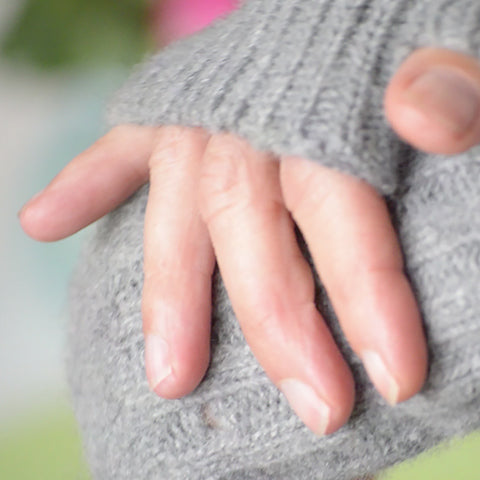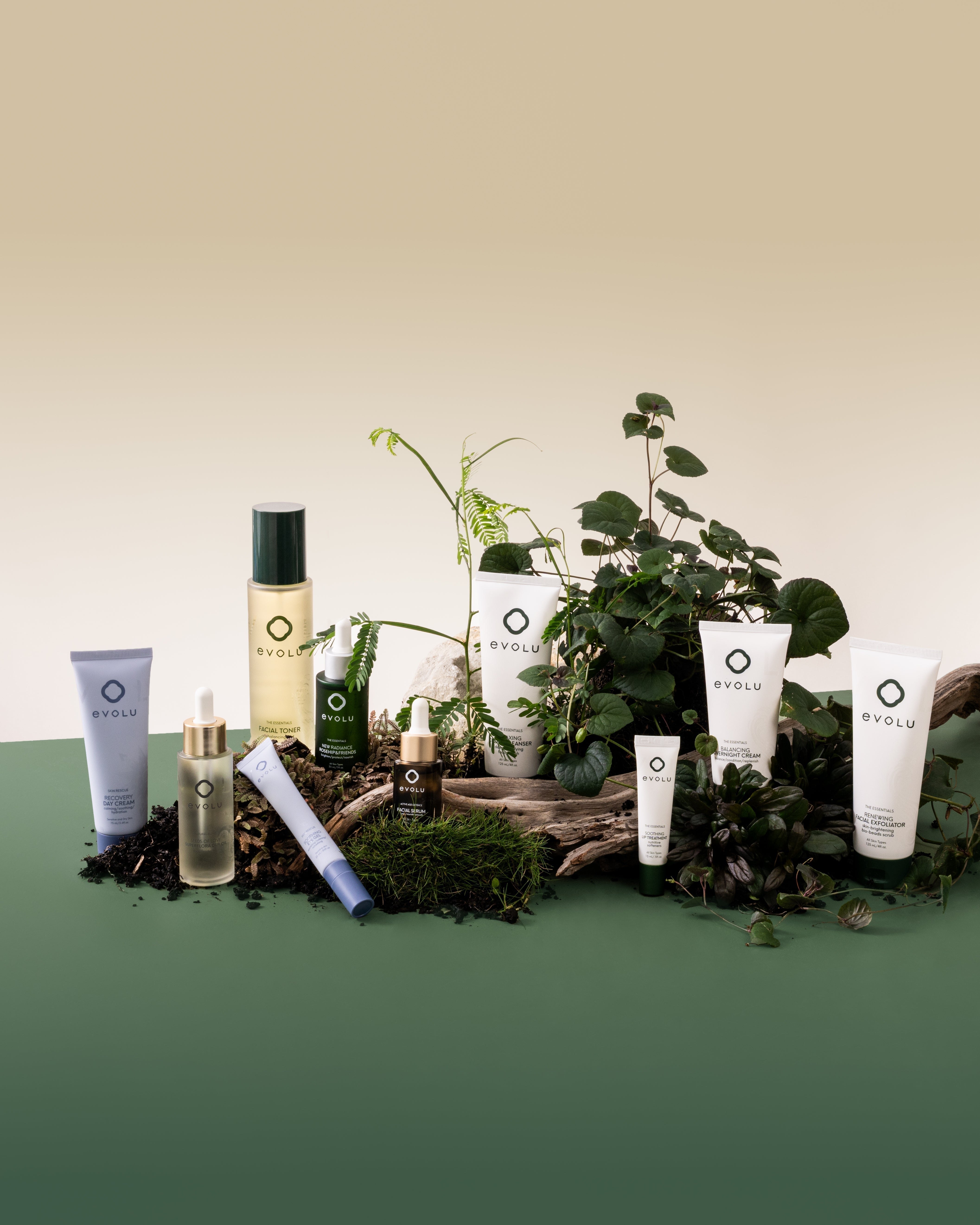Save your skin while staying safe
Like so many others around the world, we Kiwis are getting used to face masks being the 'new normal'. With them fast turning into a fashion item, I was compelled to make my own, of course.
Masks certainly have a crucial role in keeping us safe, but one downside of wearing them for lengthy periods is that it can result in breakouts and other forms of skin irritation.
Face masks do need to cover and protect adequately, but a snug fit also raises the temperature and humidity around your nose, mouth and jawline. This increased warmth and perspiration can break down the skin's structure, leading to itchiness, redness and unwelcome spots. This is why it's important to use breathable fabrics.
Other issues can arise from regular laundering with detergent and/or fabric softeners. These chemicals can cause irritation from direct skin contact, but cotton fabrics absorb our skin's natural oils too, which can further worsen dryness.
Oily or acne-prone skin?
A naturally oily or acne-prone skin is likely to sweat more, and break out with prolonged face covering — especially around the jawline area. The best way to address this is through a regular routine using a gel cleanser, clay mask and/or a spot treatment.
"My skin has been drinking the spot crisis control gel and my jawline is now completely clear"
Bailee Wilson, Make-up Artist
Dry or sensitive skin?
People with sensitive skin in particular may experience increased dryness and redness. Eczema can flare up too if the skin is overheated, or irritated by fabric contact.
Tips: remove your mask as soon as you arrive home and cleanse the face, with a gentle product, tone the skin with an aloe vera based product and then apply a soothing, balm-like moisturiser or facial oil.
A hydration masque can be your best friend too - and not just for the face. Try the Rehydration Masque on the face, neck and backs of the hands for an overnight treatment at least two or three times a week.
Are you wearing and caring for your mask correctly?
Remember to wash your fabric mask at 60ºC. Take off your face mask with clean or sanitised hands by removing the straps around your ears first. Don't touch the outside of the mask. Have some plastic bags handy - one for dirty masks and one for clean.



